In my generation, if you were not hungry, you were happy. Today’s generation finds it more difficult.
Before you dismiss it as the jaded, lazy, and uninspired comment from an unambitious old man, you have to get a bit more perspective. I know I have.
The old man’s name is Mladin and he has lived through one of the worst wars in Europe, genocide, the breakup of this country, the breakup of his family, and the loss of his land..multiple times. Not that I knew this, at least at that point. Not that, Mladin makes a big deal of this. I met Mladin and his family when I visited the coastal town of Rovinj in Croatia. Initially looking for modern hotels, I was put off by the high prices as well as the staid, uniform hospitality that they promised. Next, I looked for B&Bs, and that’s when I came across Mladen’s apartment. Well, technically speaking it’s not a B&B, because they don’t offer breakfast, but..it’s close. Mladen’s three storied house is a nice calm residential locality, a 15 min walk away from the center of town. The houses are nice, but modest; most of them have big yards, well-tended, but obviously not by professional gardeners. They have the kind of sloppy, lived in look, which meant a picture of “family with kids” – dog prancing about, old man tending to the cherry tree in the back yard, one six year old jumping on the trampoline, another set of 8 year olds cycling on the narrow path, with a young mother in shorts, running behind them; an older woman cutting vegetables in the balcony, while her sons sat with her, holding on to their beer cans, as they listened to her stories. If the picture could have sound, then it would have sound of loud laughter, squealing, and smiling voices. Mladen’s house was exactly that. The only difference was he let out the studio at the top of the house to single travelers like me, and we got to enjoy this pretty picture.
I had come to Rovinj, a coastal town situated in Istria, Croatia, mainly because Lonely Planet promised that Istria would be a gastronomic journey. Well, it was, but I really couldn’t say that I went far on the journey. For one, it was quite expensive – well, it’s quite cheap as per European and American standards, but for an Indian budget traveler like me, it was still quite expensive. Second, there was so much more to Istria, than the sea food, that I really didn’t miss the gastronomy part.
The best part about Istria is..well, of course the coast. I was a bit worried about the place being touristy, and I have to admit that quite a few parts of it are infested with tourists. As Croatia is getting discovered by the world, travelers across the world are moving over from the more expensive, well known Mediterranean destinations, to the lesser known Croatian coast. As a result, yes, it’s slowly getting commercial, more expensive, and well, more touristy. Rovinj is a charming town with 13000 inhabitants, but Mladen tells me that more than 100,000 tourists would be visiting during summer.
Nevertheless, Rovinj was still charming – old colorful buildings with narrow streets, pretty gardens, well-stocked markets, and a million cafes and restaurants. Normally, I would be super annoyed with all the crowds and the commercialism, but I have to say that it was still quite nice, quite picturesque. As I sat at the pier, looking at the church spire rise above the old buildings, saw the crowds sip their wine, looking at boats bobbing about in the sea, I wondered if this is how the French Riviera was. Well, if it was, then the French Riviera must not be so bad, because this was actually quite good, I told myself. And it was.
But the best part of the Croatian coast is that it’s huge and it’s accessible. As I biked around the coast, I found my own quiet spots. The water was amazing – a beautiful, beautiful shade of blue, one that simply cannot be described. The beaches were of different kinds – ones with small white pebbles, sandy ones, and my personal favorite – ones on shallow cliffs, where the sea embraces the water in such a gentle hug, it’s perfectly safe to go swimming.
As if the beaches around Rovinj were not enough, I was advised to take the ferry to two small islands near the coast. I chose the further one – St Andreas, and was totally rewarded. A 6 euro ferry ride, 15 mins, and I was on a beautiful island, very much like one of the Greek islands I had always ogled at. So the island has one big hotel, and that does have its share of tourists, but the rest of the island was all mine. Well – was for people like me, who wanted the luxury of a beautiful island at 6 euros. I can’t complain. The island was breath-taking – beautiful cliffs, pebbly beaches, blue green water, short bushy pine trees, narrow paths in dense woods which didn’t really seem green, but were mystical. It was worth the 6 euros; well more than that, but that’s all I spent.
My days in Istria were beautiful. Every day as I explored the coast, I felt that I was on an adventure. The place was beautiful, but more than that, there was a whole different vibe to the experience. It was like …there were so many layers to the experience, and every few hours, I was uncovering a new layer, a new aspect. Rovinj was touristy, but away from the crowds, I discovered small towns which were a bit shabby, but lovely, beaches and coves which were intimate and cosy, woods that were mystical, homes with stories, people like Mladen and Mladen’s daughter Ivana, who laughed and joked with me in the evenings. As I sat in the terrace overlooking the woods, I would ponder on the adventures of the day – the beaches, the swimming (well, in my case, wading), the bike ride and the ferry ride, the baked ‘burek’ that I bought from the neighboring bakery, and wonder if I could bottle the feeling of wonder that was flooding my being. And yet, I knew that I had only touched the surface. There were so many, so many layers which were yet to be discovered.
Ivana did not grow up in Croatia. She grew up in Serbia, but after the war, living as Croats in Serbia was just not feasible. As difficult it is to believe, Mladen exchanged his house with a Serb living in Rovinj. An entire childhood became a memory, never to be revisited again. Mladen of course had it tougher. Living through the war and the ethnic conflict, he told me that every generation of his family had moved every 15 years. No sense of permanency, he says, shaking his bald head.
But things were looking up. The economy was looking up. The bus journey showed some shabby buildings, but prosperity was slowly returning, as the world welcomed Croatia into its arms. There was of course the danger of going off-track with tourism, but for a generation that had seen war, this did not really seem to be a major worry. How could it?
Mladen wishes me good luck, and all the happiness in the world, as he dropped me to the station.
“Being happy, that’s the most difficult thing in the world“, he said, changing gears in his old grey Mercedes.
Is it, I asked.
“Yes, it is. In my generation, if you were not hungry, you were happy. My daughter, and my grandkids, it’s not so easy for them.“
I smiled.
“Being happy is ..it’s very important, you know. Actually, that’s the only important thing.“
He turned and smiled at me.
“I hope you were happy here.” I assured him that I was.
“And I hope that someday, you come here with your kids and family.” Before I could feel a tad bit disappointed, he added…”But if you do come alone, I do hope you come happy and experienced with life. Full and sated. And content. Happy.“
Wise man, Mladen. Full of layers. Just like his beloved Croatia.
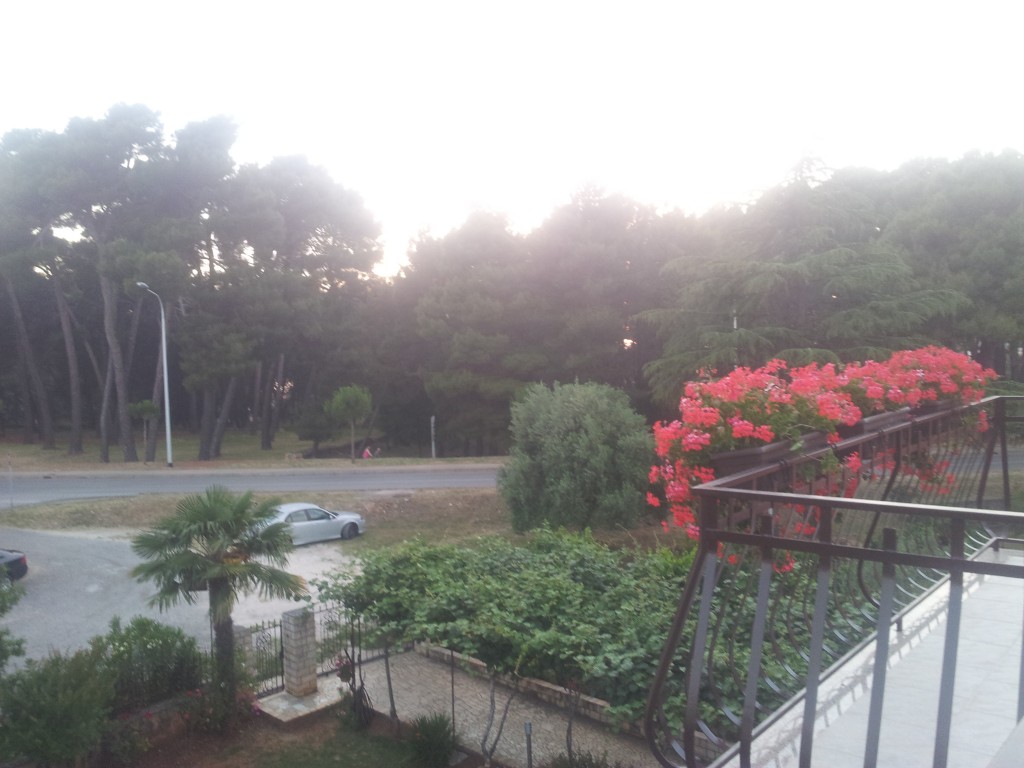
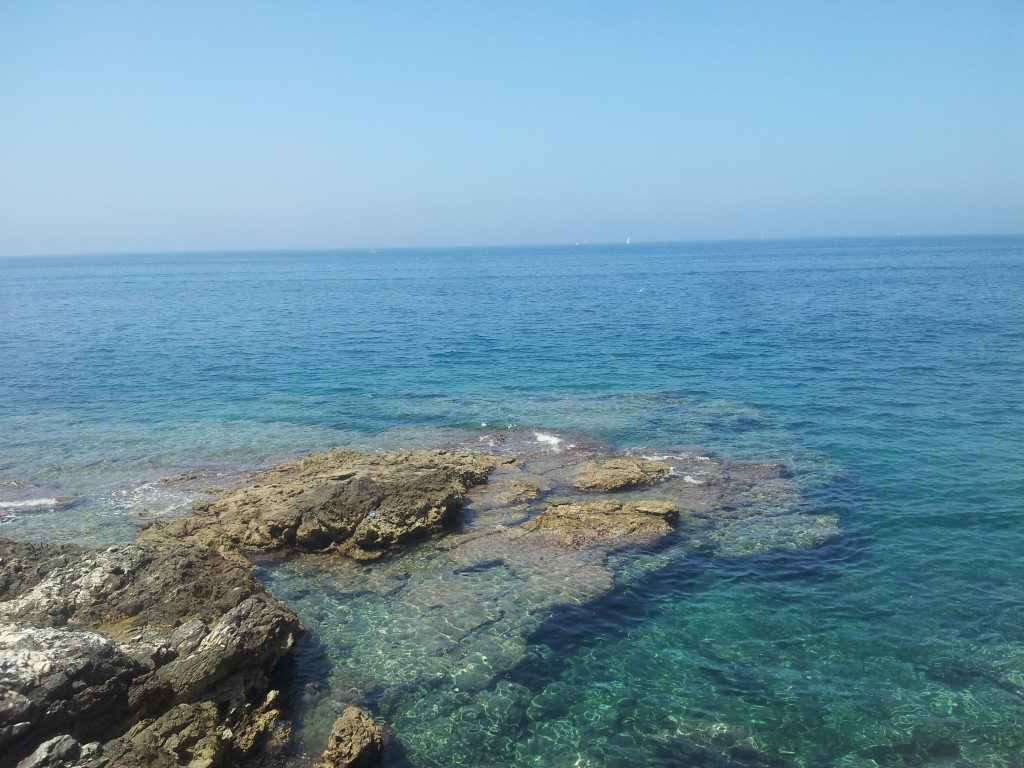
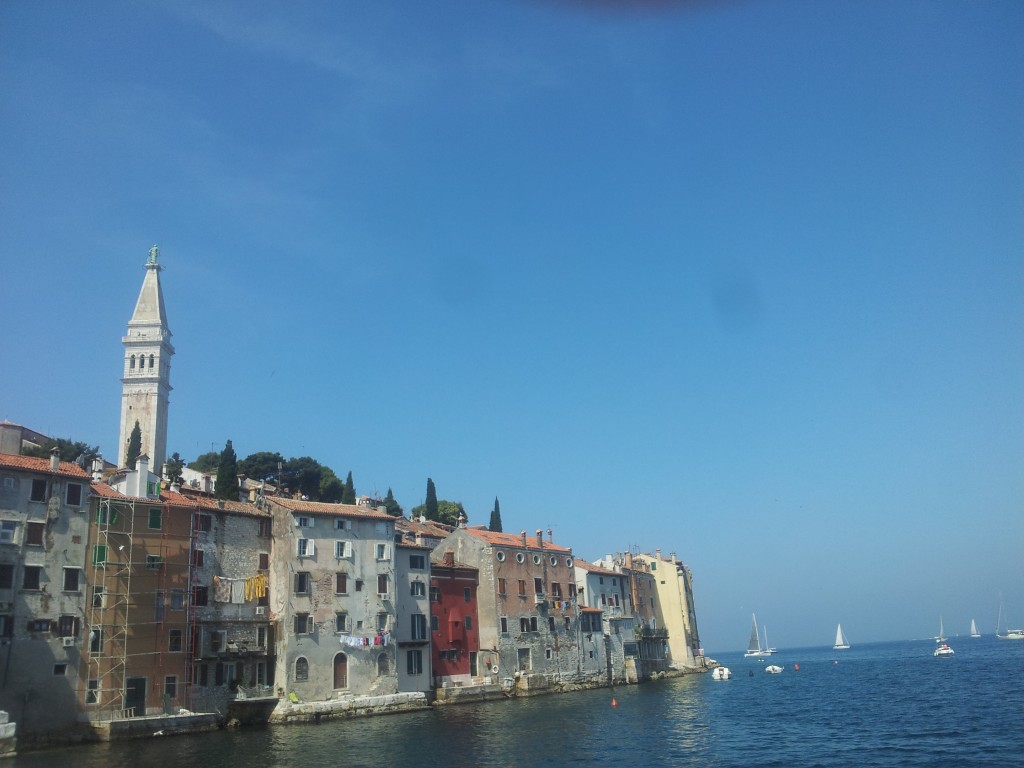
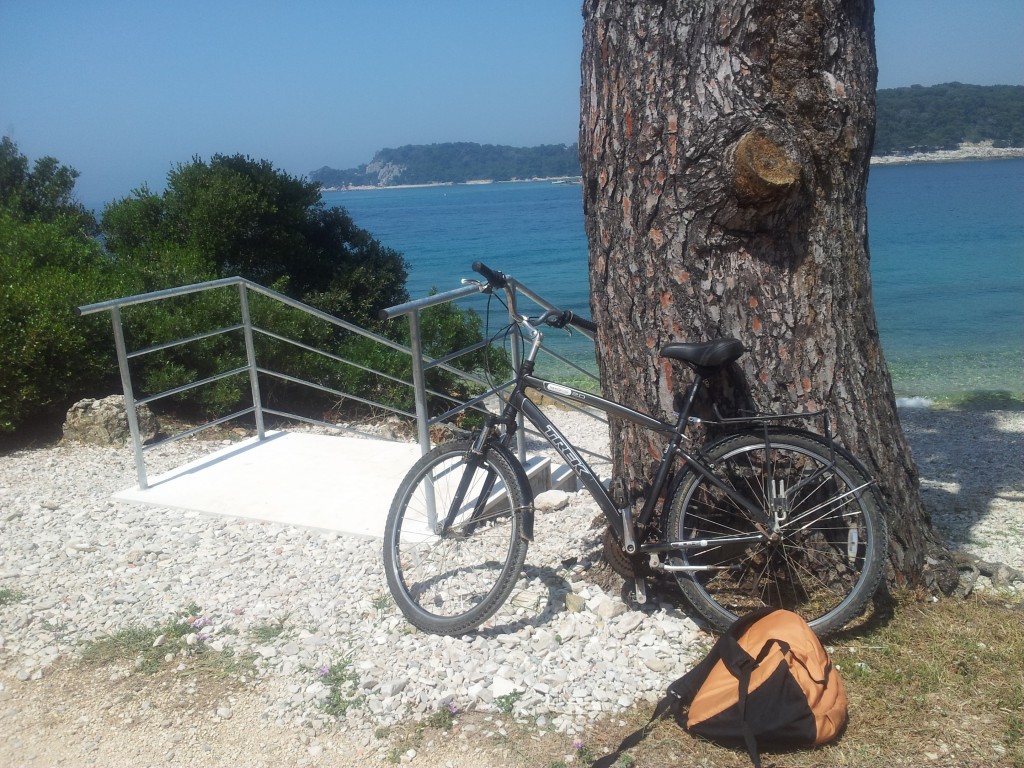
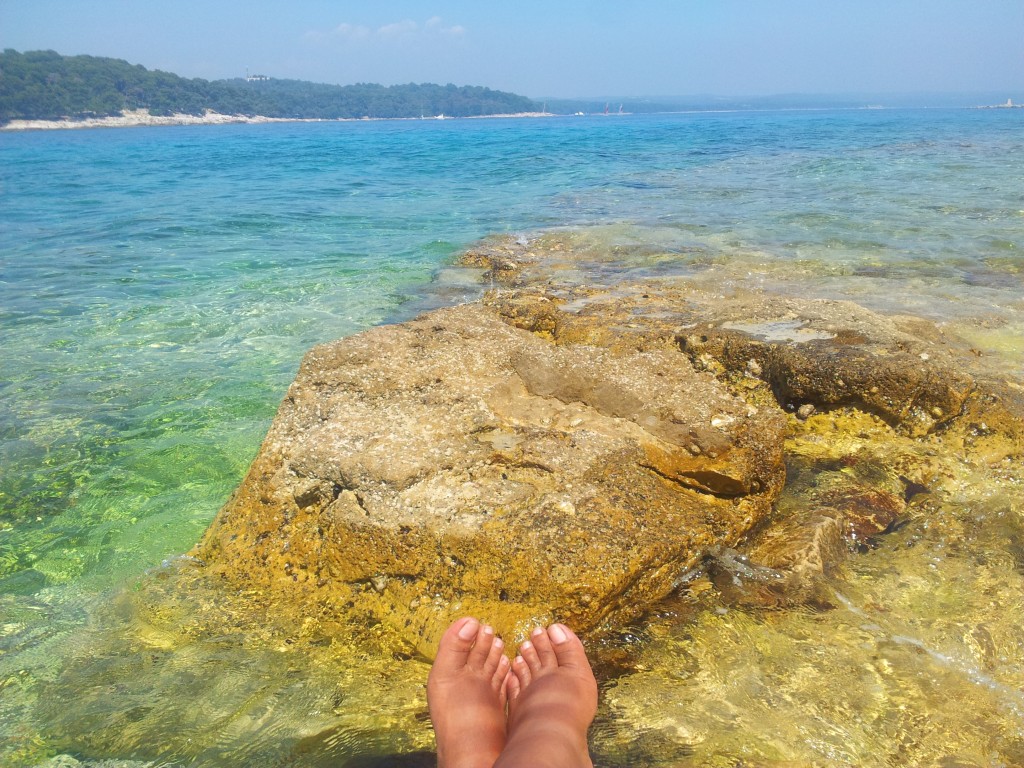
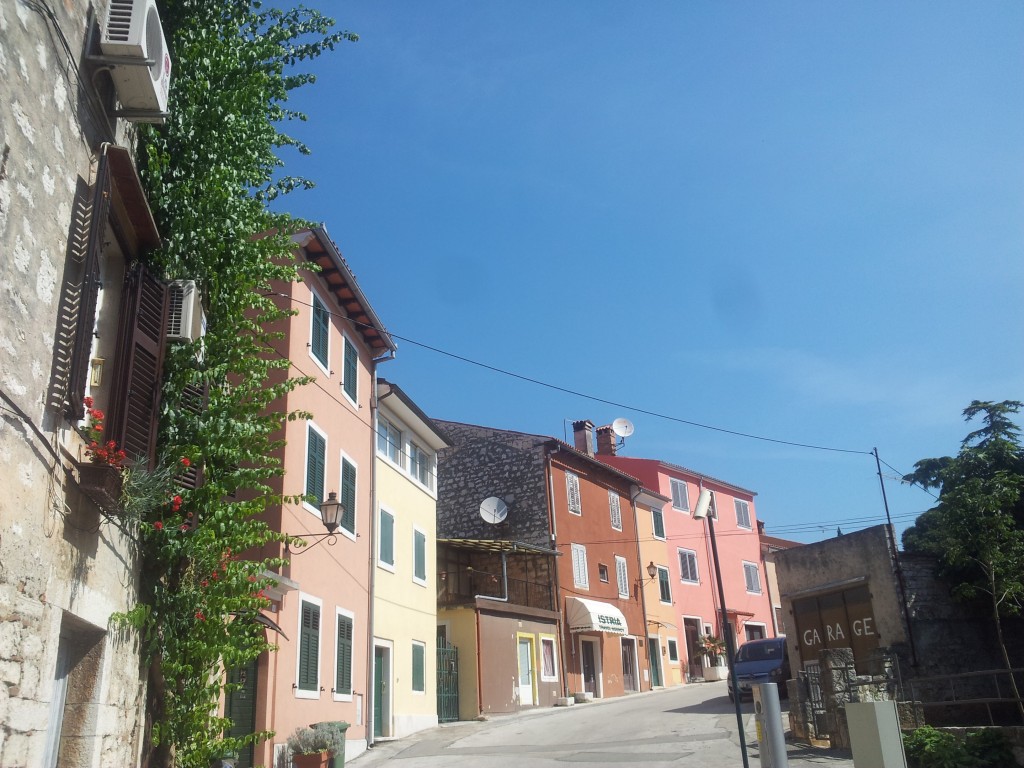
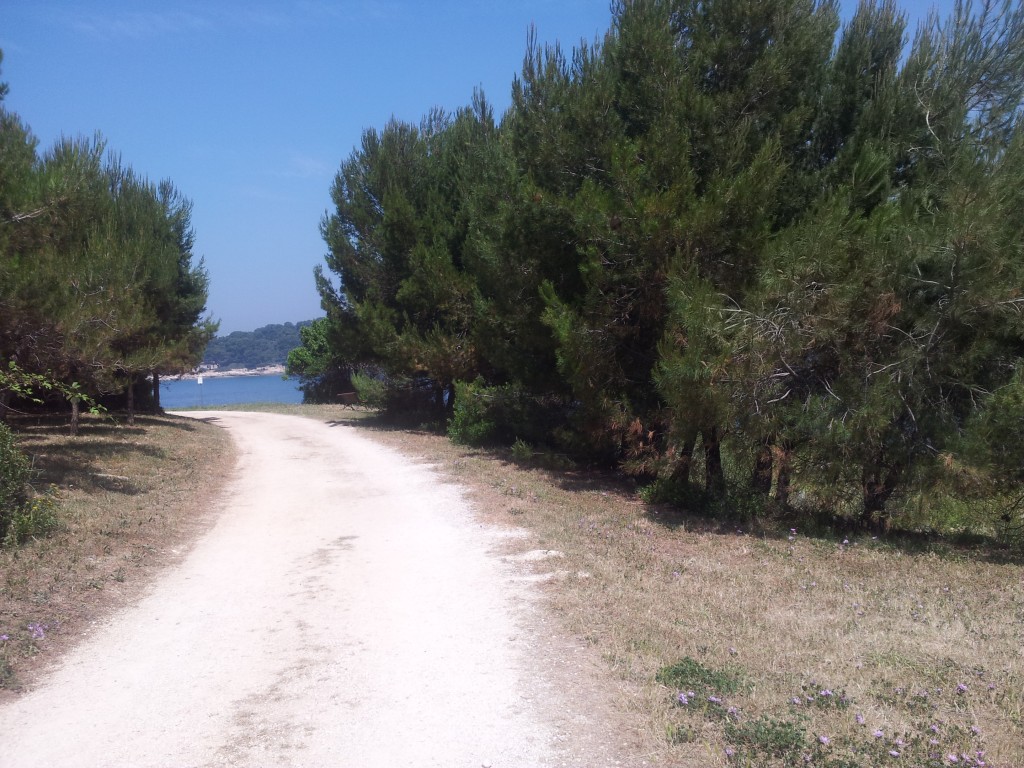
2 comments for “Croatia – land of surprises”